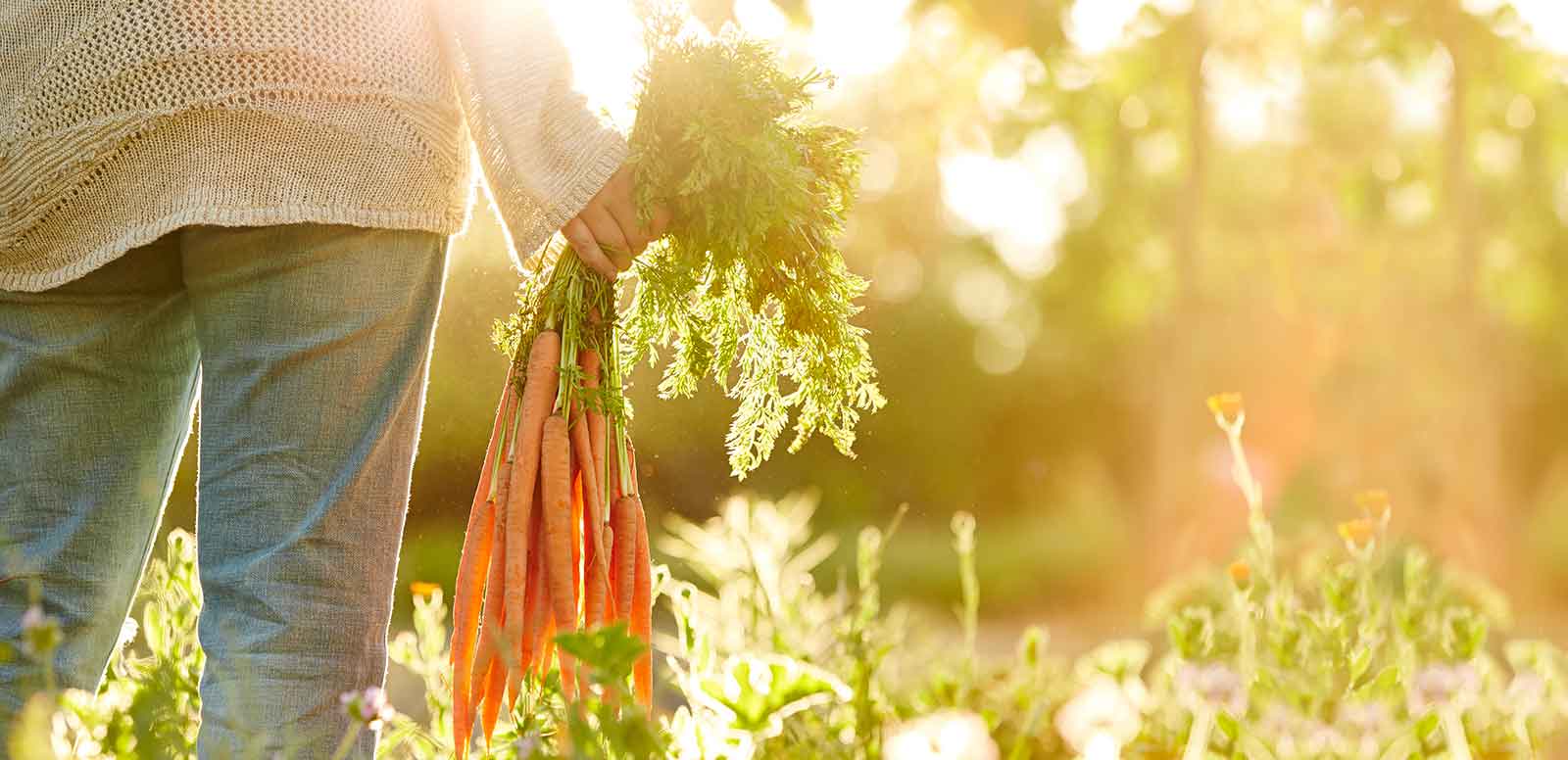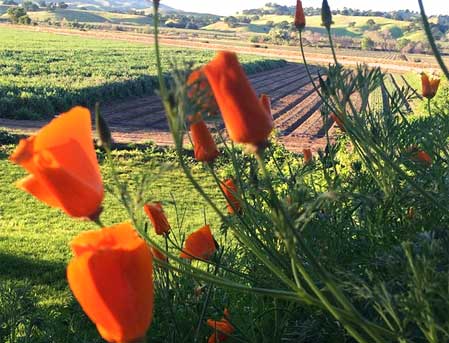
Why Organic & Sustainable?
Thaddeus Barsotti
Second-Generation Organic Farmer
Organic, Explained

The farm my parents started in the 1970s was part of the early movement of people who wanted to see food grown in a different way. They cared about reducing food miles, connecting with their customers, providing a healthy work environment, promoting biodiversity and growing varieties of crops that tasted better while operating an environmentally and economically sustainable farming system. Today’s organic standard does not certify for these items, but we are steadfast in keeping our farming practices true to our parents’ vision for a better food system. It's what we call "beyond organic."
Our farm is certified organic by CCOF. We are proud to have the client code of Yo02 (Yolo 2) – the second organic farm ever certified in Yolo County by CCOF.

Certified Organic
“Try this, it’s organic!” As a kid, customers would stop by our family's farmers market booth, sample the local produce this farm boy was peddling and ask: “What does organic mean?”
As it was explained to me by my parents, I would respond: “It’s grown without synthetic fertilizers or pesticides.” In the 1980s, the organic movement was just taking hold and its roots were with small family farms that were selling produce directly to the public (like the farm I was born and raised on in California’s rural western Yolo County).
In general, if an item can be found in nature, it can often be considered organic. If the item has been chemically altered from the form in which it was found in nature, it is likely prohibited for use in organic agriculture.
Today the phrase “Certified Organic” is legally defined by the USDA’s National Organic Program (NOP) and certified by third-party organic certifiers that are accredited by the NOP. Organic Certification is strictly an amendment-based standard, meaning there is a list of items that can be used on organic farms — everything else is prohibited.
Crops are organic when they are grown on a piece of land without any non-organic material applied to the land for the past three years. Each year, a certified organic farm is inspected by a third-party certifier who walks fields, reviews receipts and inspects existing inventory and other records to verify that an organic farm is only using materials permitted by the National Organic Program’s standards.
Before the NOP ever existed, the CCOF had the authority to expect more from the organic standard.

Know Your Farmer
Organic standards have made significant improvements by reducing the volume of chemicals used in farming systems, which has significantly improved the impact of farming on the environment and improved the working conditions of the many employees who are exposed on a daily basis to a farm’s practices (let us not forget the trace elements of materials those employees are no longer bringing home to their young families).
However, the current organic standards do not guarantee a level of sustainability, biodiversity or food justice. Organic standards across the board do not require consistent pay or working conditions, nor does organic certification eliminate the reality that dishonest farmers and/or middlemen exist and are financially rewarded for cheating.
The certified organic seal has its benefits, but it does not certify that the food you are eating was grown with methods you expect. The only way for you to do this is to know your farmer and trust the level of transparency they are providing you. Think beyond organic.
What About Sustainability?

Sustainable agriculture is the management of a food system that will produce the same volume and quality of food with the same amount of resources in perpetuity. It means everything...






